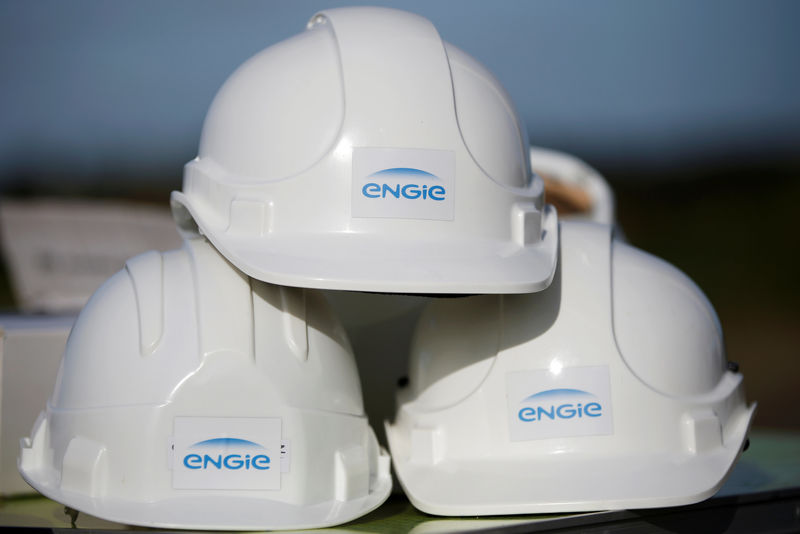Commission finds Luxembourg gave illegal tax benefits to Engie
The European Commission has found that Luxembourg allowed two Engie group companies to avoid paying taxes on almost all their profits for about a decade.
This is illegal under EU State aid rules because it gives Engie an undue advantage. Luxembourg must now recover about €120 million in unpaid tax.
Commissioner Margrethe Vestager, in charge of competition policy, said "Luxembourg gave illegal tax benefits to Engie. Its tax rulings have endorsed two complex financing structures put in place by Engie that treat the same transaction in an inconsistent way, both as debt and as equity. This artificially reduced the company's tax burden. As a result, Engie paid an effective corporate tax rate of 0.3% on certain profits in Luxembourg for about a decade. This selective tax treatment is illegal."
Following an in-depth investigation launched in September 2016, the Commission concluded that two sets of tax rulings issued by Luxembourg have artificially lowered Engie's tax burden in Luxembourg for about a decade, without any valid justification.
In 2008 and 2010, respectively, Engie implemented two complex intra-group financing structures for two Engie group companies in Luxembourg, Engie LNG Supply and Engie Treasury Management. These involved a triangular transaction between Engie LNG Supply and Engie Treasury Management, respectively, and two other Engie group companies in Luxembourg.
The Commission concluded that Luxembourg's tax treatment of these financing structures did not reflect economic reality. Tax rulings issued by Luxembourg endorsed an inconsistent treatment of the same transaction both as debt and as equity. On this basis, the Commission concluded that the tax rulings granted a selective economic advantage to Engie by allowing the group to pay less tax than other companies subject to the same national tax rules. In fact, the rulings enabled Engie to avoid paying any tax on 99% of the profits generated by Engie LNG Supply and Engie Treasury Management in Luxembourg.









